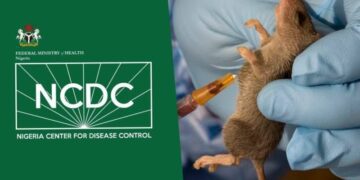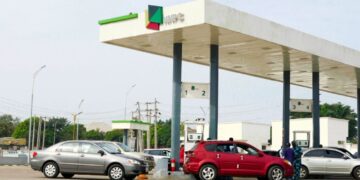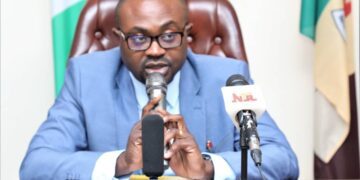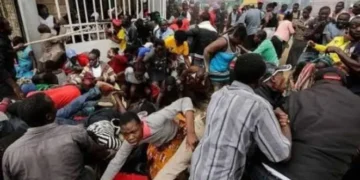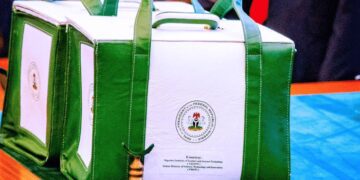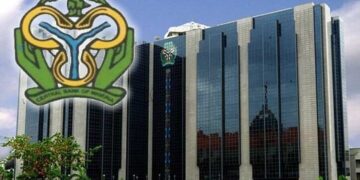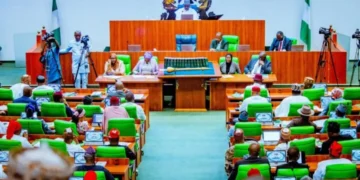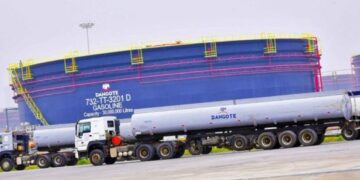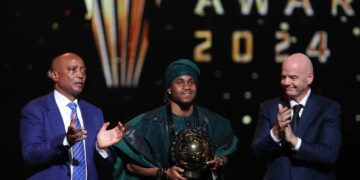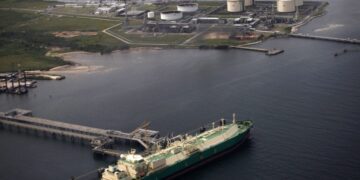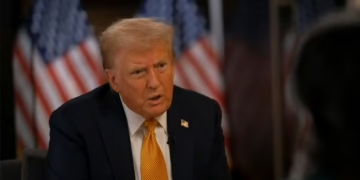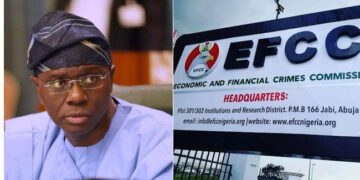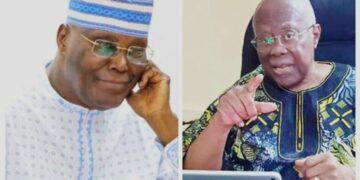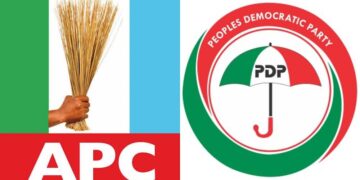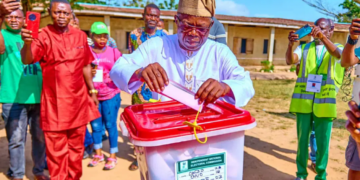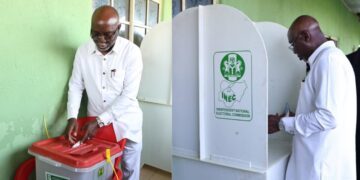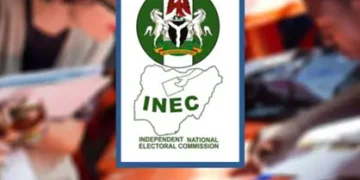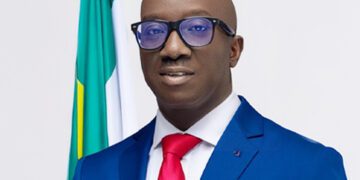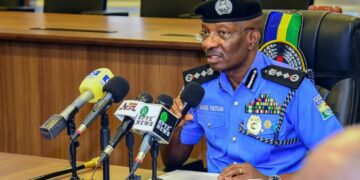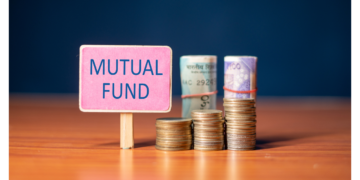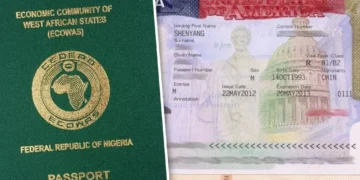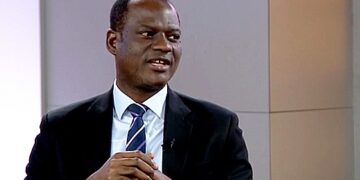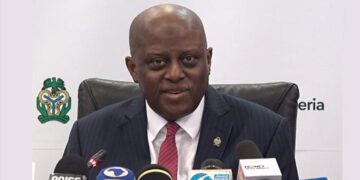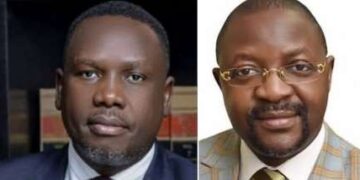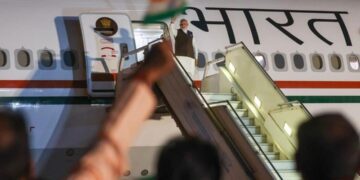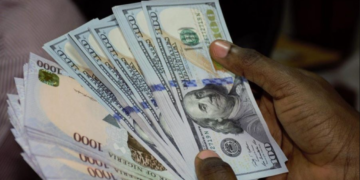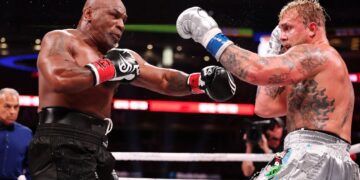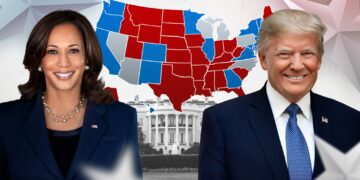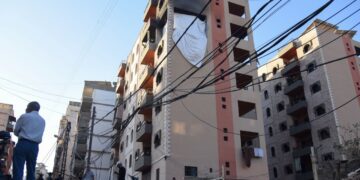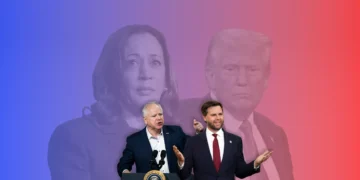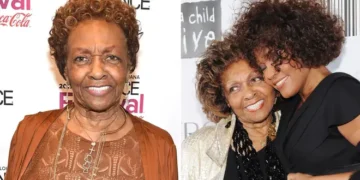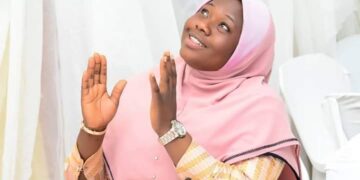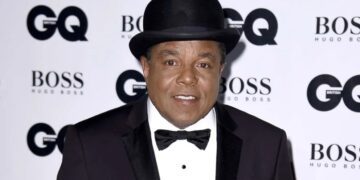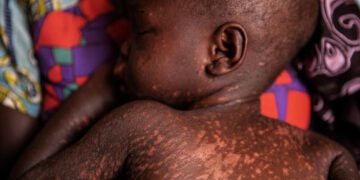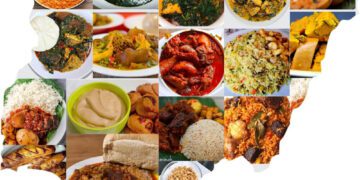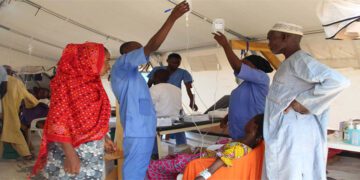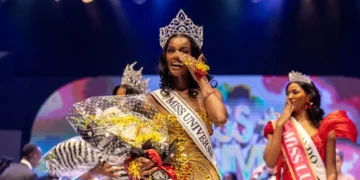South Africa’s President Cyril Ramaphosa has pledged to work with China to create a world order that is “more egalitarian, just and equitable.”
”South Africa and other countries in the Global South all hope to strengthen solidarity and cooperation with China to better meet challenges together, and promote an international order that is more egalitarian, just and equitable,” Mr Ramaphosa said.
Mr Ramaphosa stressed South Africa’s readiness to work with other BRICS countries “to resolutely uphold multilateralism, as well as any other country advance reform of the global governance system and safeguard the common interests of the developing countries.”
Several African countries appear to be leaning more politically and economically toward Russo-Chinese diplomacy and alliance, seeking less dependence on the Anglo-American super power, including its Western allies.
Mr Ramaphosa added, “We look forward to co-hosting the China-Africa Leaders’ Dialogue with President Xi Jinping to take Africa-China relations to new heights.”
The South African president noted that the world today is faced with geopolitical challenges, energy crises and other complex issues, lauding China’s support towards hosting a successful BRICS Summit.
The event marked Xi Jinping’s fourth visit to South Africa as Chinese president.
The summit which started on Tuesday will end on Thursday, in Pretoria, South Africa.
Messrs Xi and Ramaphosa signed a “strategic partnership” agreement at the ongoing 15th annual Brazil, Russia, India, China and South Africa (BRICS) Summit.
Mr Ramaphosa conferred the Order of South Africa, the highest medal and honour of South Africa for the heads of state of friendly countries on Mr Xi.
The summit also witnessed the signing of bilateral cooperation documents on China’s Belt and Road Initiative on the development of infrastructure, new energy, agricultural products, special economic zone, industrial park, blue economy, technological innovation and higher education by both presidents.
The summit is an international relations conference attended by the heads of state and government of the respective member states and invited leaders of 67 countries including 53 other African countries.
Bangladesh, Bolivia, Indonesia, and Iran were also represented.
(NAN)















